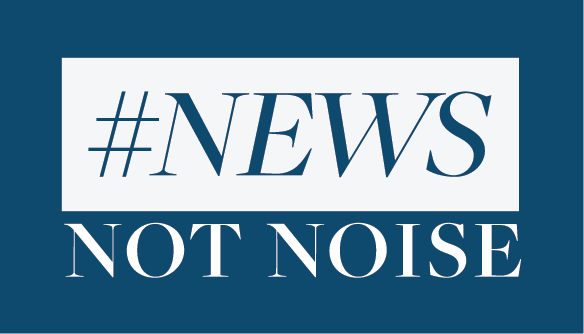Some good news in the fight against COVID-19: This week, the United States hit the historic milestone as the number of people who have received at least one COVID-19 shot (over 33 million, per the CDC) surpassed the number of reported COVID-19 infections (over 26 million, per Johns Hopkins).
The United States joins Israel, the United Kingdom, and the United Arab Emirates (UAE) in hitting this mark.
Under the Biden administration’s new vaccine distribution plan, providers are giving an average of almost 1.3 million Americans daily. So far, 7.8% have received one or more doses – and 1.8% have been fully vaccinated.
Equitable distribution of vaccines remains a challenge.
To date, 47% of vaccinations lack racial data. Only 16 states have released racial data, and these show white citizens being vaccinated at much higher rates than Black citizens. In some cases, this has been two to three times higher.
These numbers are especially jarring as Black, Hispanic, and Native American citizens are dying from COVID at three times the rate of white citizens. A large number of health care workers and first responders are black, Indigenous, and people of color.
In Mississippi, where 38% of the state is Black, only 18% of those vaccinated are Black.
Dr. Thomas Dobbs, Mississippi's state health officer, has noted that while distributing vaccinations via drive-thru centers might be more expedient, these centers often fail to guarantee fair and equitable access.
There is good news for states: Federal Emergency Management Agency (FEMA) started fully reimbursing individual states for certain pandemic expenditures. These reimbursements include retroactively paying for mobilizing the National Guard, masks, gloves, emergency feeding actions, sheltering at-risk populations since January 2020.
So far, reimbursements are between $3 million to $5 million, which makes up only a small portion of the resources states actually need to combat COVID-19.
Costs not covered include testing, genomic sequencing, and mass vaccination centers.
To shoulder these and other costs for all states, territories, and tribes, the White House is requesting an additional $350 billion from Congress in his COVID stimulus plan, called the American Rescue Plan.
President Biden has asked Congress to "act fast" to pass stimulus, but he is hoping to get bipartisan support, and negotiations could significantly slow the process.




